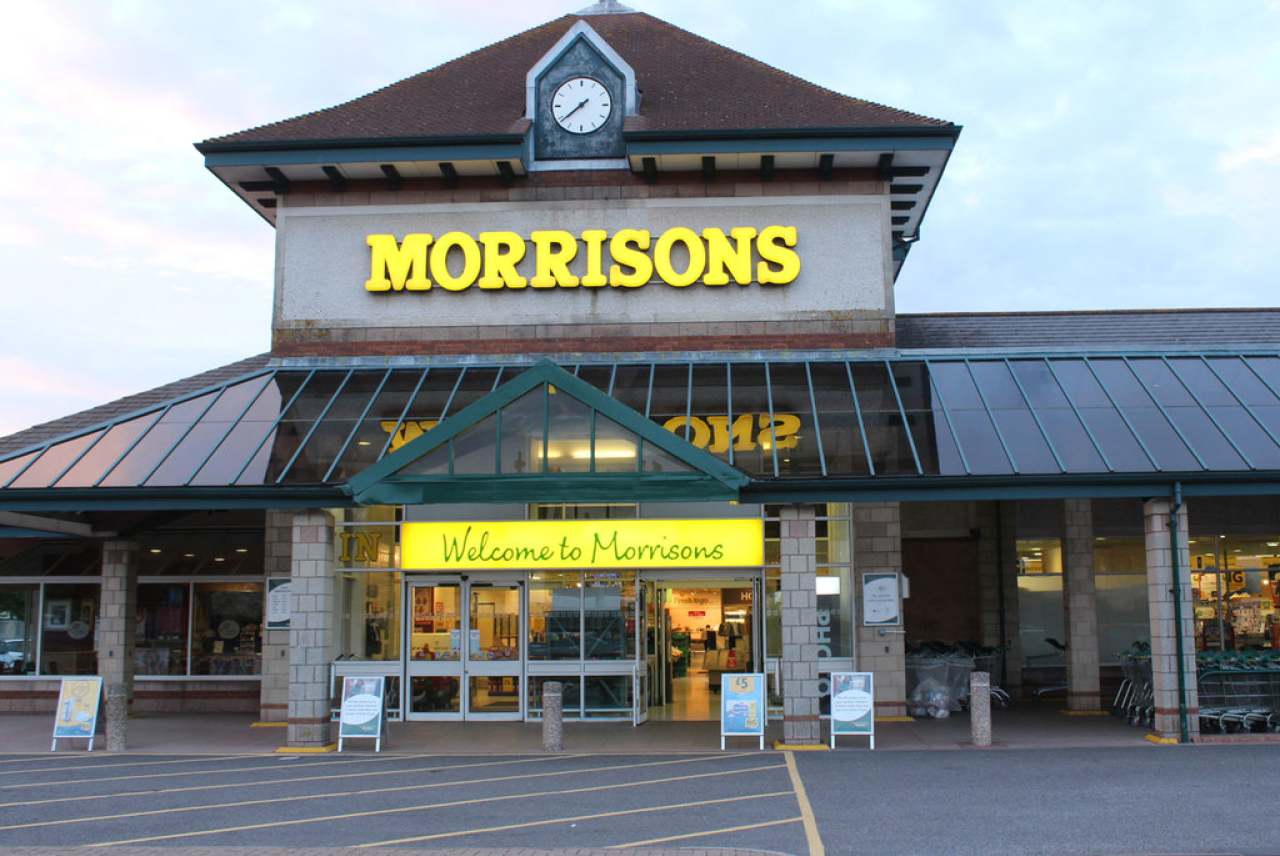Morrisons is the latest supermarket chain to be bought out by a private equity firm, after Asda was purchased by the Issa Brothers and private equity firm TDR Capital in October 2020.
Clayton, Dubilier & Rice’s (CD&R) offer was approved by Morrisons’ shareholders, following a string of proposals from private equity companies. CD&R’s other investments include meat processors, healthcare companies, oil and gas infrastructure companies, and the UK’s largest owner of independent petrol stations in the UK.
The buyout has drawn criticism from MPs and campaigners, due to concerns over possible tax avoidance, asset sales and negative worker impacts.
Tax avoidance?
In September 2021, ahead of the sale, details of the buyout were published showing that Morrisons would be owned by a company in the Cayman Islands – a well-recognised tax haven. The Cayman Islands is one of few countries in the world that does not have corporation tax.
Labour MP and anti tax-avoidance campaigner Margaret Hodge stated,
“It beggars belief that one of our biggest supermarkets could soon be bought by a private equity firm using tax havens.”
CD&R has stated that Morrisons will “remain registered in the UK, headquartered in the UK and continue to pay taxes in the UK”.
Private equity firms often buy companies using borrowed funds. In December 2021, Clayton, Dubilier & Rice delayed plans to raise £6.6bn in debt to finance its purchase of Morrisons. Companies in the UK are entitled to tax deductions for debt interest, paid to banks and bondholders.
“No one is suggesting that the owners will be moving the supermarkets to the Cayman Islands,” TaxWatch director George Turner said. “The issue is that taxable profit in UK businesses can collapse after a takeover by a private equity fund.”
The criticisms follow similar concerns over Asda’s buyout in 2020. Asda’s new owners incorporated the supermarket’s owner in Jersey before the purchase had even been approved.
In response to the move, Darren Jones, chairman of the House of Commons business committee, stated: “The idea that private equity can just sweep in, buy up British businesses and move them offshore to reduce the amount of tax they pay, without any rules or regulatory interventions, is just madness and an insult to British taxpayers.”
A risk for workers?
Private equity firms are notorious for several other dubious business practices.
In October, Labour and Lib Dem MPs urged Morrisons’ incoming owners to protect workers. Private equity firms are known for ‘asset stripping’ – buying up a company to sell off its assets, such as equipment, real estate or brands.
Unions and politicians have warned that, combined with heavy debt burdens, such practices can lead to deteriorations in working conditions. Morrisons employs around 120,000 people, and (unusually for a supermarket) owns farms and food factories across the UK.
The Guardian warned in June 2021 that if such assets were sold, “Pension fund contributions and the supermarket chain’s relatively union-friendly, family atmosphere could be next on the block.” Pension trustees have warned that the debt-fuelled buyout would “material weaken” Morrisons' ability to support the pensions of 85,000 current and former workers.
The McColl’s chain buyout
Weeks after the buyout, Morrisons also agreed to pay off McColl's £170m debts and take on its 1,160 shops and pension schemes, with 2,000 members.
Morrisons already had a partnership with McColl's, supplying its convenience stores with stock.
In May 2022, McColl's (a local retailer primarily in Scotland but also with stores in England and Wales) was put into administration and immediately sold to Morrisons.
It had also formed a tie-up to convert hundreds of McColl's shops to Morrisons Daily convenience stores. There are already more than 200 operating.



